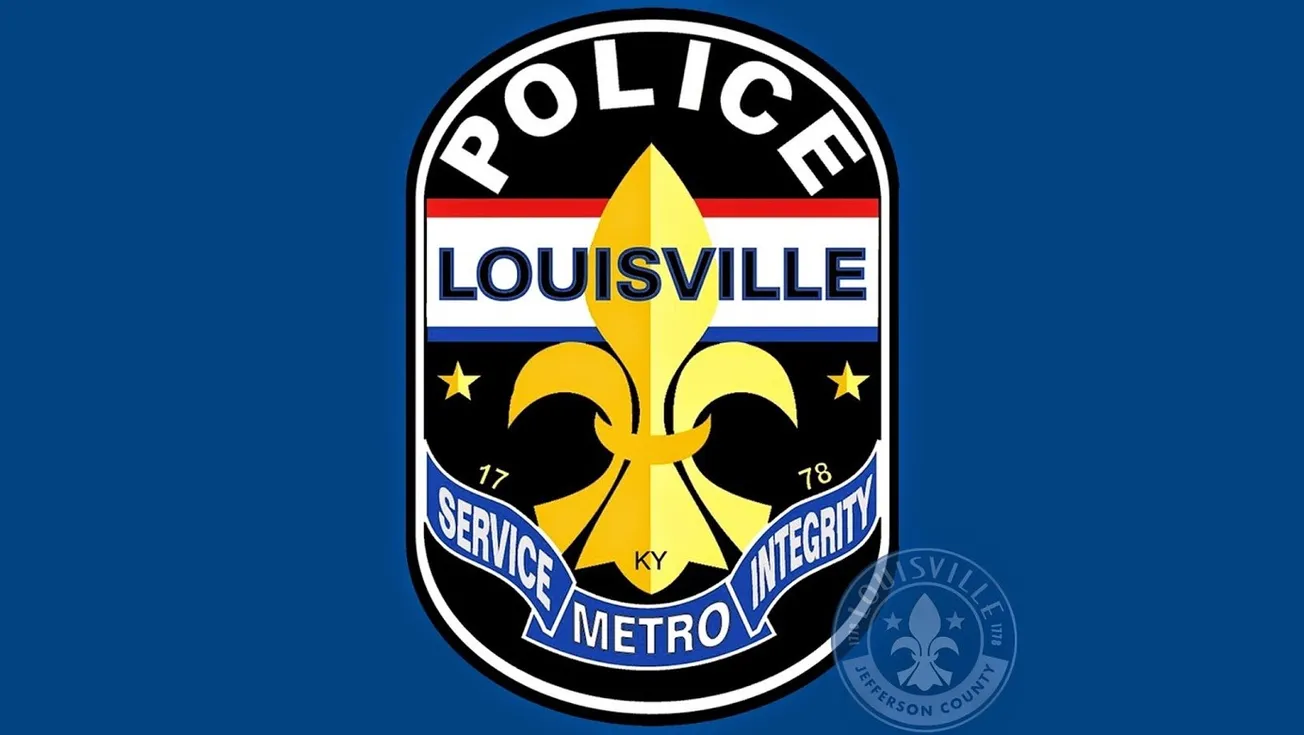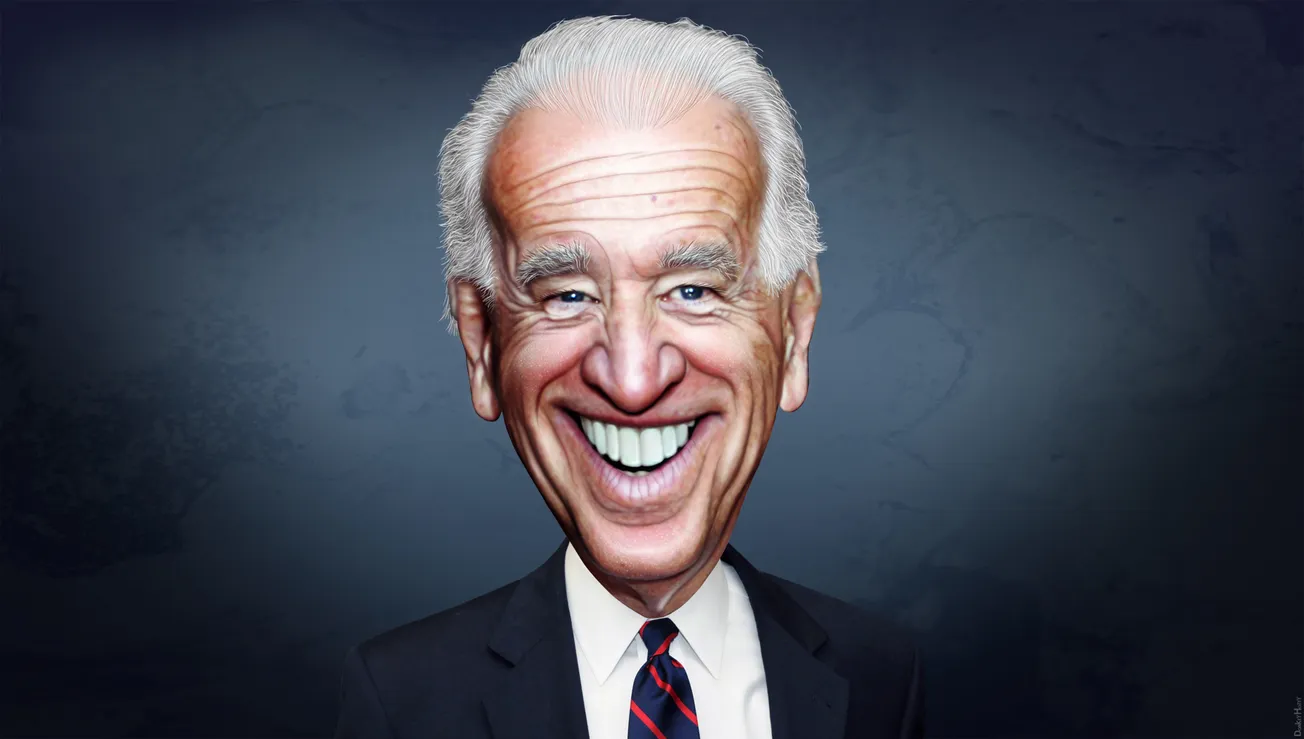The U.S. Department of Justice began investigating the Louisville Metro Police Department (LMPD) in April of 2021, in the wake of the killing of Breonna Taylor and the subsequent protests over the following months.
After two years of investigation, the DOJ released their report on March 8, 2023. The report is 90 pages long, with the first 10 pages devoted to background, the next 70 pages devoted to documenting the issues within LMPD, and the last 10 pages used to outline recommended remedial measures.
In order to demonstrate the scope of the report, we are posting below only the table of contents from the investigation section, and only the headings in the remediation section. (The entire report is linked at the end of the article.)
Findings in the DOJ Report
Major Finding 1: Louisville Metro Government and the Louisville Metro Police Department engage in a pattern or practice of conduct that violates the Constitution and laws of the United States.
LMPD uses excessive force in violation of the Fourth Amendment.
- LMPD uses dangerous neck restraints against people who pose no threat.
- LMPD deploys police dogs against people who pose no threat and allows dogs to continue biting people after they surrender.
- LMPD’s use of tasers is unreasonable and unsafe.
- LMPD uses takedowns, strikes, and other bodily force disproportionate to the threat or resistance.
- LMPD officers unnecessarily escalate encounters, leading to excessive force.
- LMPD’s weak oversight contributes to its use of excessive force.
LMPD violates the Fourth Amendment by conducting searches based on invalid warrants.
- LMPD’s search warrant applications frequently lack the specificity and detail necessary to establish probable cause for the search.
- LMPD’s applications are typically overly broad in scope and fail to establish probable cause for searching everything and everyone listed in the warrant.
- LMPD improperly uses confidential informants in narcotics-related search warrants.
- The inadequacies of LMPD’s warrant applications are caused by poor supervision and oversight.
LMPD violates the Fourth Amendment by executing search warrants without knocking and announcing.
LMPD’s street enforcement activities violate the Fourth Amendment.
LMPD unlawfully discriminates against Black people in its enforcement activities.
- LMPD engages in racially disparate enforcement that harms Black people.
- LMPD unlawfully uses race in its enforcement activities.
- LMPD’s discriminatory pretextual enforcement harms Black people.
- Louisville Metro and LMPD knew about discriminatory policing and adopted practices that increased the risk of discrimination.
- LMPD fails to respond appropriately to officers who express explicit racial bias and animus.
- LMPD’s discriminatory policing undermines public safety.
LMPD violates the First Amendment when responding to protected speech against police action.
- LMPD abridged the First Amendment right to challenge police verbally during the 2020 protests.
- LMPD abridged the First Amendment right to challenge police verbally outside the 2020 protests.
- LMPD’s pattern or practice of First Amendment violations are the product of deficient policy, training, planning, and management.
Louisville Metro and LMPD violate the Americans with Disabilities Act in their response to people with behavioral health disabilities.
- Louisville Metro and LMPD discriminate against people with behavioral health disabilities.
- As a matter of course, Louisville Metro sends LMPD officers to respond to urgent behavioral health calls, resulting in unnecessary law enforcement responses.
- Metrosafe’s policies and practices result in needless police responses to behavioral health calls while providing an effective medical response to others.
- Louisville Metro and LMPD can make reasonable modifications to avoid discrimination against people with behavioral health disabilities
We have serious concerns about LMPD’s response to sexual assault and domestic violence.
- LMPD does not adequately investigate officers accused of sexual misconduct and domestic violence.
- LMPD does not adequately respond to or investigate sexual assault or domestic violence in the community.
Major Finding 2: Deficient supervision and accountability contribute to LMPD’s legal violations.
LMPD fails to adequately support and supervise officers.
LMPD’s internal accountability systems are flawed.
- Structure of internal affairs at LMPD.
- LMPD fails to consistently initiate investigations of possible misconduct.
- LMPD imposes unnecessary burdens on civilian complainants.
- Internal affairs units fail to objectively investigate alleged misconduct.
- LMPD fails to impose appropriate discipline for officer misconduct.
- LMPD’s deficient accountability systems result in repeated misconduct.
Louisville Metro’s external accountability systems have failed to compensate for LMPD’s deficient internal systems.
Recommendations in the DOJ Report
- Enhance use-of-force policies, reporting, and review procedures.
- Create and deliver new use-of-force training.
- Enhance force-related accountability mechanisms.
- Improve policies related to confidential informants.
- Improve policies and training related to search warrant requests.
- Improve policies and training regarding knocking and announcing during search warrant executions.
- Improve policies and training related to confidential informants. LMPD should develop and implement clear policies on how officers can use confidential informants, regularly evaluate and document their credibility and reliability, and track confidential informants’ work over time.
- Improve policies and training related to residential search warrant executions.
- Implement planning and after-action review processes for residential search warrant executions.
- Require consistent activation and review of body-worn cameras.
- Street enforcement policies and training.
- Require documentation of all stops.
- Analyze data from enforcement activity.
- Improve community engagement in violent crime reduction efforts.
- Deliver public safety services in ways that are consistent with community values.
- Improve policies related to protests and demonstrations.
- Improve ordinance regarding permits for protests and demonstrations.
- Improve training on protests and demonstrations.
- Expand the mobile crisis team pilot.
- Ensure that metrosafe deploys mobile crisis and co-responder teams.
- Improve coordination between metrosafe and the crisis hotline.
- Create a true crisis intervention team at lmpd.
- Improve training across the department.
- Improve training for supervisors.
- Accept all civilian complaints.
- Facilitate civilians’ access to the complaint process.
- Improve civilian complaint investigations.
- Improve training for internal affairs investigators.
- Fully staff internal affairs units.
- Improve the review process for internal affairs investigations.
- Improve civilian oversight.
- Develop and implement a strategic plan for improving facilities.
- Improve officer health and wellness programs.
- Improve policies, training, and internal investigations related to officer sexual misconduct and domestic violence.
- Improve policies and training on responding to allegations of sexual assault and domestic violence.
- Establish an external review panel.
--30--








